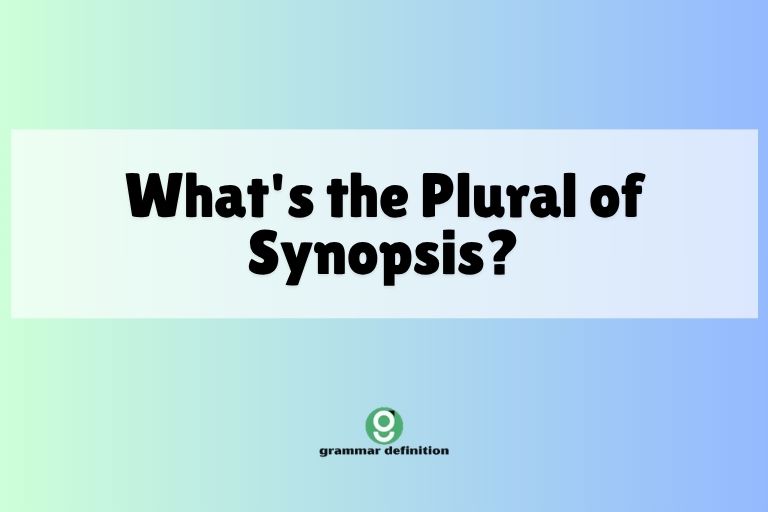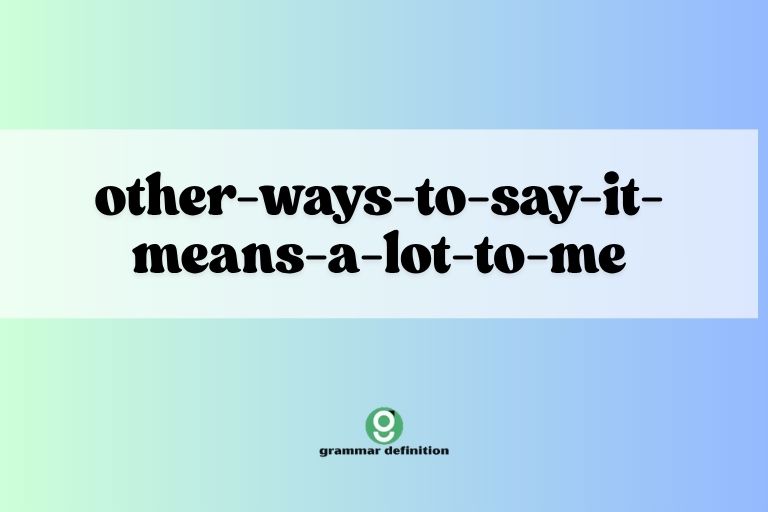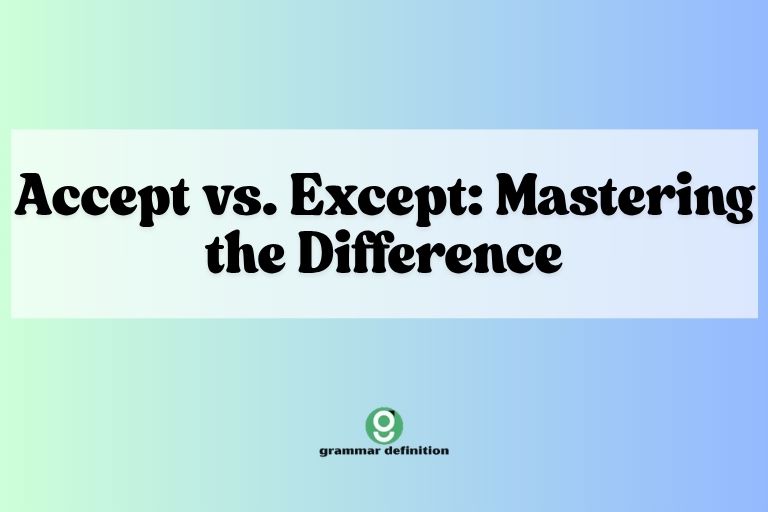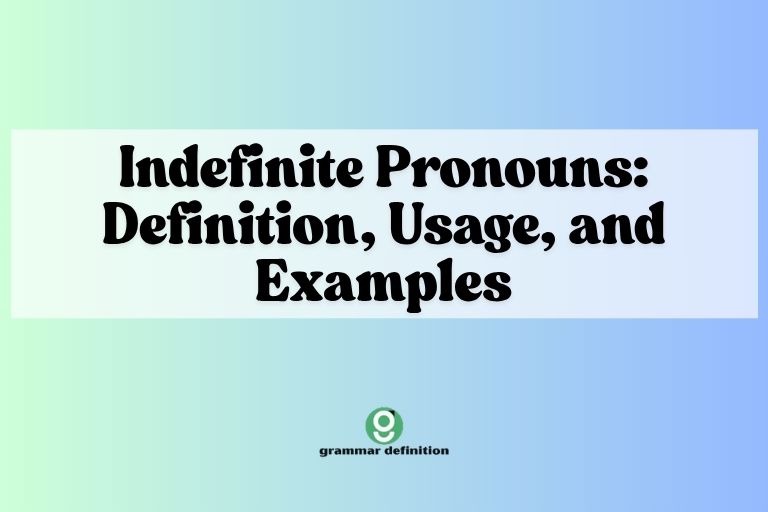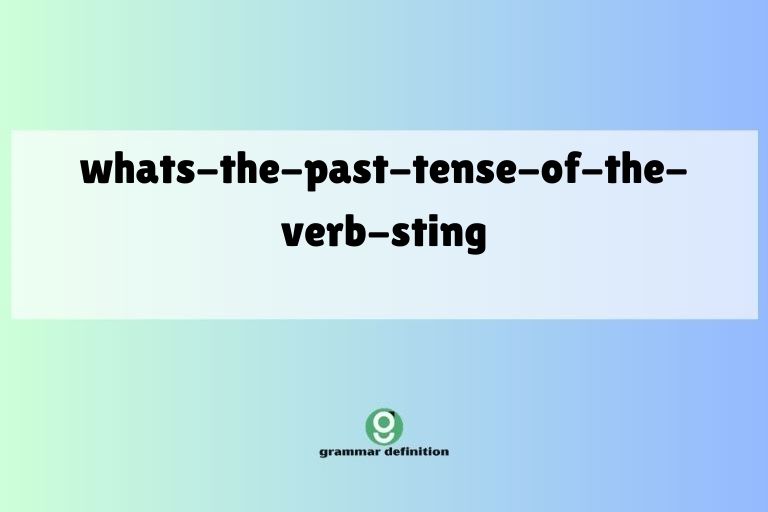Mastering the Past Tense of “Break”: A Comprehensive Guide
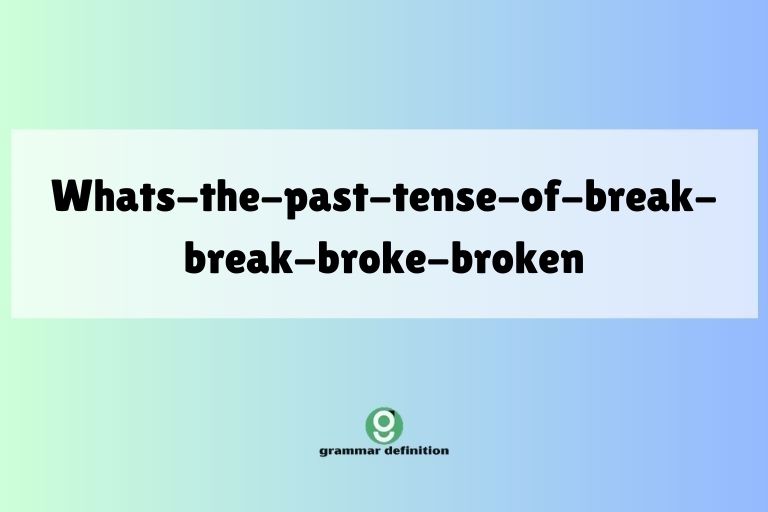
Understanding the past tense forms of irregular verbs is crucial for fluent and accurate English communication. The verb “break,” with its base form, past simple, past participle, and various uses, often poses challenges for English language learners. This article provides a detailed exploration of the past tense forms of “break” – break, broke, broken – clarifying their definitions, usages, and common pitfalls. Whether you are a beginner or an advanced learner, this guide will enhance your understanding and confidence in using “break” correctly in various contexts.
Table of Contents
- Introduction
- Definition of “Break” and Its Forms
- Structural Breakdown
- Types and Categories of Usage
- Examples of “Break,” “Broke,” and “Broken”
- Usage Rules
- Common Mistakes
- Practice Exercises
- Advanced Topics
- Frequently Asked Questions
- Conclusion
Definition of “Break” and Its Forms
The verb “break” is a versatile word with several meanings, primarily revolving around the idea of separating, damaging, or interrupting something. It’s an irregular verb, which means its past simple and past participle forms do not follow the standard -ed ending.
Base Form: Break
The base form, “break,” is the infinitive form of the verb and is used in the present tense (except for the third-person singular, which uses “breaks”). It also appears after modal verbs like can, should, and will, and in the imperative mood (giving commands or instructions).
Past Simple: Broke
The past simple form, “broke,” is used to describe completed actions in the past. It indicates that the action of breaking occurred and finished at a specific time in the past.
There is no connection to the present.
Past Participle: Broken
The past participle form, “broken,” is used with auxiliary verbs like have, has, and had to form perfect tenses (present perfect, past perfect, future perfect). It’s also used to form the passive voice, indicating that the subject of the sentence received the action of breaking.
Structural Breakdown
Understanding the structure of irregular verbs and their principal parts is essential for mastering their usage. Irregular verbs deviate from the standard rules of verb conjugation, making them a common source of errors for English learners.
Irregular Verbs Explained
Irregular verbs are verbs whose past simple and past participle forms do not follow the regular pattern of adding “-ed” to the base form. Instead, they have unique forms that must be memorized.
“Break” is a prime example of an irregular verb.
Consider these examples to illustrate the difference between regular and irregular verbs:
- Regular Verb: Walk (Base Form) – Walked (Past Simple) – Walked (Past Participle)
- Irregular Verb: Break (Base Form) – Broke (Past Simple) – Broken (Past Participle)
Principal Parts of “Break”
The principal parts of a verb are its base form, past simple, and past participle. Knowing these parts is crucial for forming different tenses and verb constructions.
For the verb “break,” the principal parts are:
- Base Form: Break
- Past Simple: Broke
- Past Participle: Broken
This information is essential for forming various tenses and passive voice constructions correctly. For example:
- Present Simple: I break, you break, he/she/it breaks, we break, they break
- Past Simple: I broke, you broke, he/she/it broke, we broke, they broke
- Present Perfect: I have broken, you have broken, he/she/it has broken, we have broken, they have broken
- Past Perfect: I had broken, you had broken, he/she/it had broken, we had broken, they had broken
Types and Categories of Usage
The verb “break” can be used in various contexts, both literally and figuratively. Understanding these different categories will help you use the verb more accurately and effectively.
Physical Breakage
This is the most literal use of “break,” referring to the physical act of something being separated into pieces or damaged.
Examples:
- He accidentally broke the vase.
- The window broke during the storm.
- She broke her leg while skiing.
Abstract Breakage
In this sense, “break” refers to the disruption or violation of something non-physical, such as a promise, a record, or a habit.
Examples:
- He broke his promise to her.
- The athlete broke the world record.
- She is trying to break her bad habit of biting her nails.
Breaking Rules or Laws
This category involves violating rules, laws, or established norms.
Examples:
- He broke the law by speeding.
- They broke the rules of the game.
- She broke the company’s policy by disclosing confidential information.
Interrupting Actions
“Break” can also refer to interrupting a continuous action or state.
Examples:
- The news broke my concentration.
- The rain broke the heat wave.
- The scandal broke his career.
Examples of “Break,” “Broke,” and “Broken”
To solidify your understanding, let’s examine numerous examples of “break,” “broke,” and “broken” in various contexts. These examples will illustrate the different usages and nuances of each form.
Examples of “Break”
The following table provides examples of the base form “break” used in different tenses and constructions. The base form is used in the present tense (except for the third-person singular), after modal verbs, and in the imperative mood.
Table 1: Examples of “Break”
| Sentence | Tense/Construction | Explanation |
|---|---|---|
| I break the code every day. | Present Simple | Describes a habitual action. |
| She can break the record if she trains hard. | Modal Verb | “Can” is a modal verb followed by the base form. |
| We should break the cycle of poverty. | Modal Verb | “Should” is a modal verb followed by the base form. |
| Break the glass in case of emergency. | Imperative | A command or instruction. |
| They will break ground on the new project next month. | Future Simple | “Will” is a modal verb followed by the base form. |
| Do not break the silence. | Imperative (Negative) | A negative command or instruction. |
| He doesn’t want to break his promise. | Infinitive | “To break” is an infinitive form. |
| Let’s break for lunch at noon. | Suggestion | Suggesting an action. |
| They break even every month. | Present Simple | Describes a regular occurrence. |
| I need to break the habit of procrastinating. | Infinitive | Expressing a need to perform an action. |
| You must break the rules if you want to win. | Modal Verb | “Must” is a modal verb followed by the base form. |
| We dare not break the treaty. | Modal Verb | “Dare not” is a modal verb followed by the base form. |
| He tries to break free from his past. | Infinitive | Expressing an attempt to perform an action. |
| They plan to break the news gently. | Infinitive | Describing a planned action. |
| I watch them break the piñata at every birthday. | Base Form (after watch) | Used after certain verbs of perception. |
| She helps me break down complex problems. | Base Form (after help) | Used after certain verbs like “help.” |
| They make me break my own rules. | Base Form (after make) | Used after certain causative verbs. |
| It could break your heart. | Modal Verb | “Could” is a modal verb followed by the base form. |
| I break a sweat every time I exercise. | Present Simple | Describes a regular occurrence. |
| We break the ice at every meeting. | Present Simple | Describes a habitual action. |
| You can break the bank with that purchase. | Modal Verb | “Can” is a modal verb followed by the base form. |
| They break new ground in scientific research. | Present Simple | Describes an ongoing activity. |
| We break even at the end of the fiscal year. | Present Simple | Describes a regular occurrence. |
| Don’t break my heart. | Imperative (Negative) | A negative command or instruction. |
| I will break the news gently. | Future Simple | Expressing a future action. |
Examples of “Broke”
The following table provides examples of the past simple form “broke” used to describe actions completed in the past. The past simple tense indicates that the action happened and finished at a specific time in the past.
Remember, “broke” is used independently, without auxiliary verbs.
Table 2: Examples of “Broke”
| Sentence | Explanation |
|---|---|
| He broke the window yesterday. | Describes a completed action in the past. |
| She broke her promise last week. | Indicates a past violation of a commitment. |
| They broke the world record in 2020. | Describes a past achievement. |
| I broke my glasses this morning. | Indicates a past incident. |
| We broke the silence after a long pause. | Describes a past action of ending silence. |
| You broke the rules of the game. | Indicates a past violation of rules. |
| The scandal broke his career. | Describes a past event that negatively impacted his career. |
| She broke down in tears after hearing the news. | Indicates a past emotional reaction. |
| He broke even after selling his investments. | Describes a past financial outcome. |
| They broke camp early in the morning. | Indicates a past action of dismantling a campsite. |
| I broke the news to my family. | Describes a past act of informing family members. |
| She broke free from her abusive relationship. | Indicates a past escape from a difficult situation. |
| He broke the ice at the party. | Describes a past action of easing tension. |
| They broke ground on the new building last year. | Indicates a past event of starting construction. |
| I broke a sweat during the intense workout. | Describes a past physical exertion. |
| She broke her arm in the accident. | Indicates a past injury. |
| He broke the bank at the casino. | Describes a past event of winning a lot of money. |
| They broke the pattern of bad behavior. | Indicates a past change in behavior. |
| I broke my diet over the holidays. | Describes a past deviation from a diet. |
| She broke her fast at sunset. | Indicates a past action of ending a fast. |
| He broke the code to unlock the door. | Describes a past action of deciphering a code. |
| They broke the contract due to unforeseen circumstances. | Indicates a past violation of a contract. |
| I broke the habit of smoking. | Describes a past successful effort to quit smoking. |
| She broke the tension with a joke. | Indicates a past action of relieving tension. |
| He broke the mold with his innovative ideas. | Describes a past act of being unconventional. |
Examples of “Broken”
The following table provides examples of the past participle form “broken” used in perfect tenses and the passive voice. Remember, “broken” requires auxiliary verbs like have, has, had, is, are, was, and were.
Table 3: Examples of “Broken”
| Sentence | Tense/Voice | Explanation |
|---|---|---|
| I have broken the vase. | Present Perfect | Indicates a completed action with relevance to the present. |
| The window has been broken. | Present Perfect Passive | Focuses on the window and the action done to it. |
| She had broken her leg before the race. | Past Perfect | Indicates an action completed before another past action. |
| The promise had been broken long ago. | Past Perfect Passive | Focuses on the promise and its state in the past. |
| The world record has been broken multiple times. | Present Perfect Passive | Indicates a repeated action affecting the record. |
| My glasses have been broken again. | Present Perfect Passive | Indicates a repeated incident affecting the glasses. |
| We have broken the silence many times. | Present Perfect | Indicates a repeated action. |
| The rules have been broken by several students. | Present Perfect Passive | Focuses on the rules and the action done to them. |
| His career had been broken by the scandal. | Past Perfect Passive | Indicates a past impact on his career. |
| She has been broken by the harsh criticism. | Present Perfect Passive | Indicates an emotional impact. |
| He has broken even after years of struggle. | Present Perfect | Indicates a current financial outcome. |
| Camp had been broken before sunrise. | Past Perfect Passive | Indicates a past action related to the campsite. |
| I have broken the news to everyone. | Present Perfect | Indicates a completed act of informing people. |
| She has broken free from her past. | Present Perfect | Indicates a current state of freedom. |
| The ice has been broken at the meeting. | Present Perfect Passive | Indicates a current state of eased tension. |
| Ground has been broken on the new park. | Present Perfect Passive | Indicates the start of a construction project. |
| I have broken a sweat just thinking about it. | Present Perfect | Indicates a physical reaction related to thinking. |
| Her arm has been broken in the accident. | Present Perfect Passive | Indicates a physical injury. |
| The bank has been broken by his winnings. | Present Perfect Passive | Describes a financial impact. |
| The pattern has been broken for good. | Present Perfect Passive | Indicates a permanent change. |
| My diet has been broken this week. | Present Perfect | Indicates a deviation from a diet. |
| The fast has been broken after sunset. | Present Perfect Passive | Indicates the end of a fasting period. |
| The code has been broken by the experts. | Present Perfect Passive | Indicates a deciphered code. |
| The contract has been broken due to disagreement. | Present Perfect Passive | Indicates a contract violation. |
| The habit has been broken with effort. | Present Perfect Passive | Indicates a successful change. |
Usage Rules
Using “break,” “broke,” and “broken” correctly requires adherence to specific grammar rules. Understanding these rules will help you avoid common errors and ensure accurate communication.
Tense Consistency
Maintain consistent tense throughout your sentences and paragraphs. If you start in the past tense, generally continue in the past tense, unless there is a logical reason to switch.
Incorrect: He broke the window, and now he breaks another one.
Correct: He broke the window, and now he is breaking another one.
Correct: He broke the window, and now he has to pay for it.
Using Auxiliary Verbs with “Broken”
“Broken,” as a past participle, always requires an auxiliary verb to form perfect tenses or the passive voice. Common auxiliary verbs include have, has, had, is, are, was, and were.
Incorrect: I broken the vase.
Correct: I have broken the vase.
Incorrect: The window broken by the storm.
Correct: The window was broken by the storm.
Passive Voice
The passive voice is formed using a form of the verb “be” (is, are, was, were, been, being) + the past participle (broken). The passive voice is used when the action is more important than the actor, or when the actor is unknown.
Active Voice: The storm broke the window.
Passive Voice: The window was broken by the storm.
Active Voice: Someone has broken the record.
Passive Voice: The record has been broken.
Common Mistakes
Even experienced learners make mistakes with irregular verbs. Understanding these common errors can help you avoid them in your own writing and speaking.
Using the Wrong Form
One of the most common mistakes is using the wrong form of the verb, especially confusing “broke” and “broken.”
Incorrect: I have broke the glass.
Correct: I have broken the glass.
Incorrect: He has broken the window yesterday.
Correct: He broke the window yesterday.
Confusion with Other Verbs
Sometimes, learners confuse “break” with other verbs that have similar meanings or sounds.
Incorrect: The branch brunch under the weight.
Correct: The branch broke under the weight.
Incorrect: He braked the law.
Correct: He broke the law.
Practice Exercises
Practice is essential for mastering any grammar concept. These exercises will help you reinforce your understanding of “break,” “broke,” and “broken.”
Exercise 1: Fill in the Blanks
Fill in the blanks with the correct form of “break” (break, broke, broken).
Table 4: Exercise 1 – Fill in the Blanks
| Question | Answer |
|---|---|
| 1. I accidentally _____ the vase. | broke |
| 2. She has _____ her promise. | broken |
| 3. They will _____ the world record soon. | break |
| 4. The window was _____ by the storm. | broken |
| 5. He _____ the law when he sped. | broke |
| 6. We need to _____ the cycle of poverty. | break |
| 7. My heart is _____. | broken |
| 8. She _____ down in tears. | broke |
| 9. They have _____ the code. | broken |
| 10. Don’t _____ my heart. | break |
Exercise 2: Error Correction
Identify and correct the errors in the following sentences.
Table 5: Exercise 2 – Error Correction
| Incorrect Sentence | Correct Sentence |
|---|---|
| 1. I have broke the glass. | I have broken the glass. |
| 2. She breaked her leg. | She broke her leg. |
| 3. The window is breaked. | The window is broken. |
| 4. He has broke the record yesterday. | He broke the record yesterday. |
| 5. They will broken the rules. | They will break the rules. |
| 6. I has broken the promise. | I have broken the promise. |
| 7. The vase was break by him. | The vase was broken by him. |
| 8. She broke down after she has heard the news. | She broke down after she had heard the news. |
| 9. He broken the silence last night. | He broke the silence last night. |
| 10. They breaked free from the prison. | They broke free from the prison. |
Exercise 3: Sentence Construction
Write sentences using “break,” “broke,” and “broken” based on the given prompts.
Table 6: Exercise 3 – Sentence Construction
| Prompt | Example Sentence |
|---|---|
| 1. Use “break” in a sentence with a modal verb. | You should break the bad habit. |
| 2. Use “broke” to describe an accident. | He broke his arm in the fall. |
| 3. Use “broken” in the present perfect passive voice. | The window has been broken by vandals. |
| 4. Use “break” in the imperative mood. | Break the code to open the door. |
| 5. Use “broke” to describe breaking a promise. | She broke her promise to visit. |
| 6. Use “broken” in the past perfect tense. | They had broken the record before the event. |
| 7. Use “break” to describe breaking a rule. | Do not break the rules of the game. |
| 8. Use “broke” to describe interrupting something. | The news broke my concentration. |
| 9. Use “broken” to describe an emotional state. | She was broken by the loss. |
| 10. Use “break” to describe breaking even. | We hope to break even this year. |
Advanced Topics
For advanced learners, exploring idiomatic and phrasal verbs with “break” can further enhance your understanding and fluency.
Idiomatic Expressions with “Break”
Idiomatic expressions are phrases whose meaning cannot be understood from the literal meanings of the individual words. “Break” appears in several common idioms.
- Break a leg: Good luck (typically used in theater).
- Break the ice: To ease tension or start a conversation.
- Break the bank: To cost too much money.
- Break someone’s heart: To cause someone emotional pain.
- Give me a break: An expression of disbelief or annoyance.
Phrasal Verbs with “Break”
Phrasal verbs are combinations of a verb and a preposition or adverb, often with a meaning different from the original verb.
- Break down: To stop functioning (machine), or to lose control of emotions.
- Break up: To end a relationship, or to separate into pieces.
- Break into: To enter illegally (a building).
- Break out: To escape, or to suddenly start (war, fire).
- Break through: To make a discovery or overcome an obstacle.
Frequently Asked Questions
Here are some frequently asked questions about the past tense forms of “break.”
- Q: What is the difference between “broke” and “broken”?
A: “Broke” is the past simple form of “break,” used to describe completed actions in the past. “Broken” is the past participle, used with auxiliary verbs to form perfect tenses (e.g., “I have broken”) or the passive voice (e.g., “The window was broken”).
- Q: Can I use “broken” without an auxiliary verb?
A: No, “broken” always requires an auxiliary verb (e.g., have, has, had, is, are, was, were) to function correctly in a sentence. Without an auxiliary verb, it is grammatically incorrect.
- Q: How do I know when to use the passive voice with “broken”?
A: Use the passive voice when the action is more important than the actor, or when the actor is unknown. For example, “The window was broken” focuses on the window and the fact that it was broken, without specifying who broke it.
- Q: What are some common idioms using “break”?
A: Common idioms include: “break a leg” (good luck), “break the ice” (ease tension), “break the bank” (cost too much), and “break someone’s heart” (cause emotional pain).
- Q: How can I improve my understanding of irregular verbs like “break”?
A: Practice is key! Use flashcards, online exercises, and real-life conversations to reinforce your knowledge. Pay attention to the context in which the verbs are used and try to identify patterns.
- Q: Is “breaked” ever a correct form?
A: No, “breaked” is never a correct form of the verb “break.” The correct past simple form is “broke,” and the correct past participle form is “broken.” “Break” is an irregular verb, and its past forms do not follow the regular “-ed” pattern.
- Q: How can I avoid confusing “break” with other similar-sounding verbs?
A: Pay close attention to the context and meaning of the sentence. For example, “brake” (as in car brakes) is a different word with a different meaning. Practice using each word in sentences to reinforce the distinction.
- Q: What is the difference between “break up” and “break down”?
A: “Break up” typically refers to ending a relationship or separating into pieces, while “break down” can mean to stop functioning (for machines) or to lose control of emotions.
Conclusion
Mastering the past tense forms of “break” – break, broke, broken – is crucial for accurate and fluent English communication. This comprehensive guide has provided detailed explanations, numerous examples, and practical exercises to help you understand and use these forms correctly. Remember to pay attention to tense consistency, auxiliary verbs, and the context in which the verb is used. By practicing regularly and being mindful of common mistakes, you can confidently use “break” in various situations and enhance your overall English proficiency.
Continue to practice and review these concepts regularly. With consistent effort, you will master the nuances of “break” and improve your overall command of English grammar.
Remember that language learning is a journey, and every step you take brings you closer to fluency.

